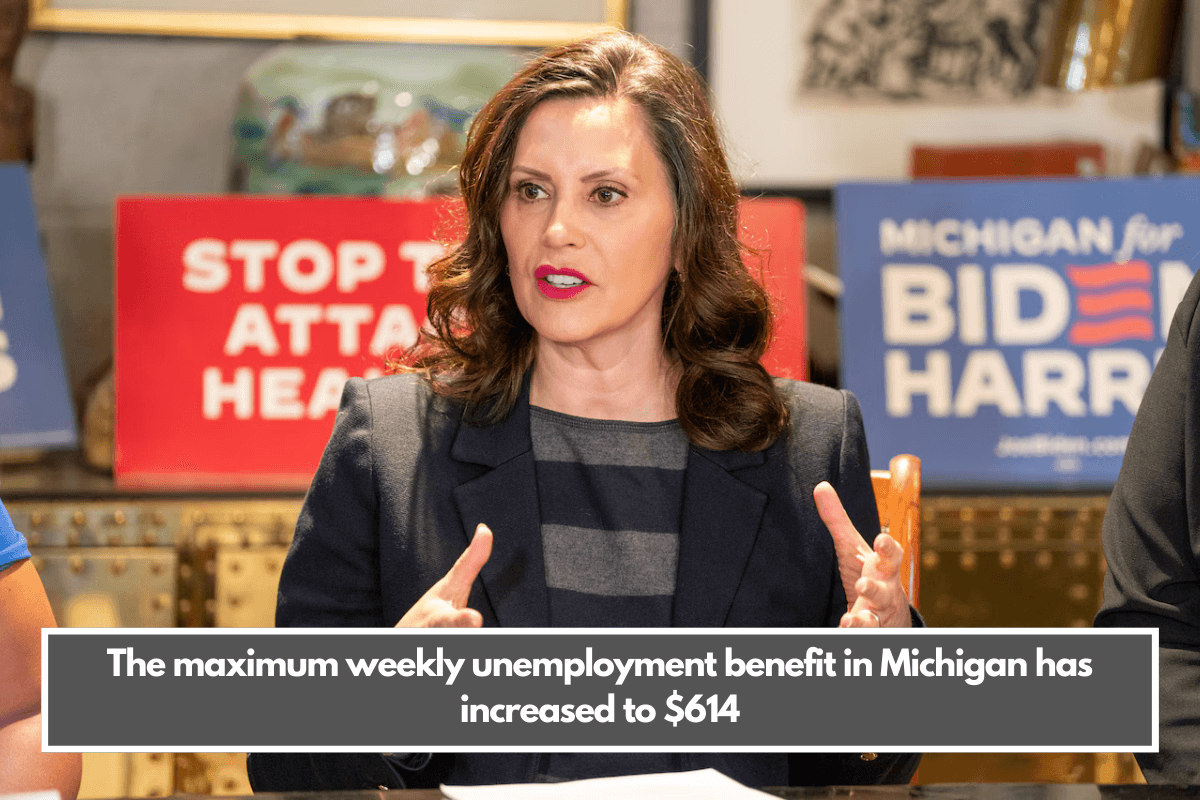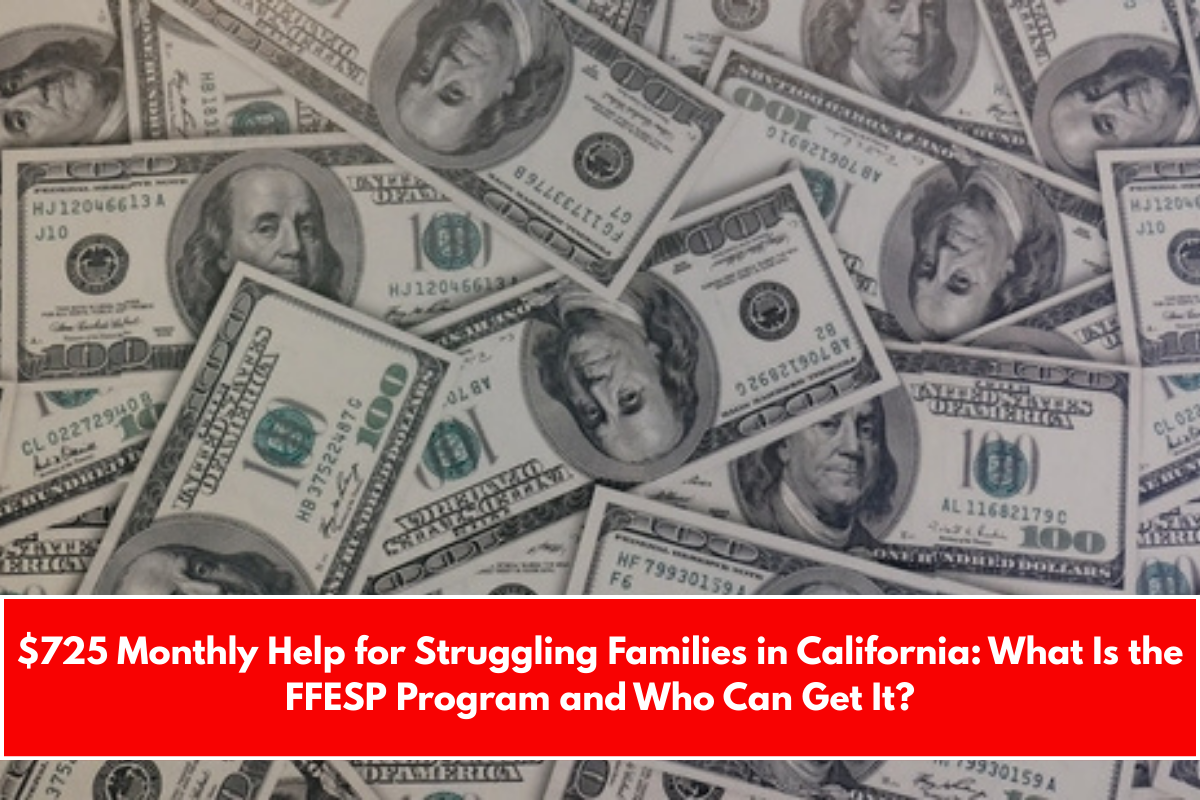LANSING, MI – On December 23, Gov. Gretchen Whitmer signed several bills to increase unemployment benefits for the first time since 2011.
The new law will extend unemployment benefits from 20 weeks to 26 weeks, reversing cuts made during the Snyder administration. Previously, Michigan was one of only 12 states that provided fewer than 26 weeks of benefits.
The bill also increases the maximum weekly benefit over time, from $362 to $614, which is the first increase since 2003.
“Today, I’m proud to sign legislation that extends unemployment benefits, enhances job training opportunities for apprentices, and more,” Whitmer announced in a press release.
“As winter approaches, many Michiganders face rising costs and a competitive job market. These bills will provide critical financial relief, allowing families to stay in their homes, pay their bills, find well-paying jobs, and put food on the table. I remain committed to working with anyone to make Michigan the best place to live, work, and raise a family.”
According to Whitmer’s office, this increase is expected to benefit approximately 88,335 residents by providing them with the financial stability they need to cover essential expenses while looking for new employment.
“Supporting Michigan’s workers has always been a top priority for me,” said bill sponsor Sen. Paul Wojno (D-Warren). “This legislation not only increases unemployment benefit amounts but also reverses the harmful six-week reduction implemented in 2011, offering critical support to those in need.”
The benefit cap increases would be phased in over three years, increasing by $84 per year until 2028, when they would rise again in line with inflation. The bill would also increase the maximum dependent cap from the current $6 to $26 during that period.
Employers contribute to the state’s Unemployment Trust Fund, which pays out unemployment benefits. Business leaders have previously expressed concern about the financial burden that the increases will impose on both employers and the fund.
State Rep. William Bruck, R-Erie, stated earlier this month that the bill will result in a “major cost increase” for employers throughout the state.
He stated that unemployment is not intended to be a living wage, and that increasing it removes some incentive for a person to look for a new job.

















